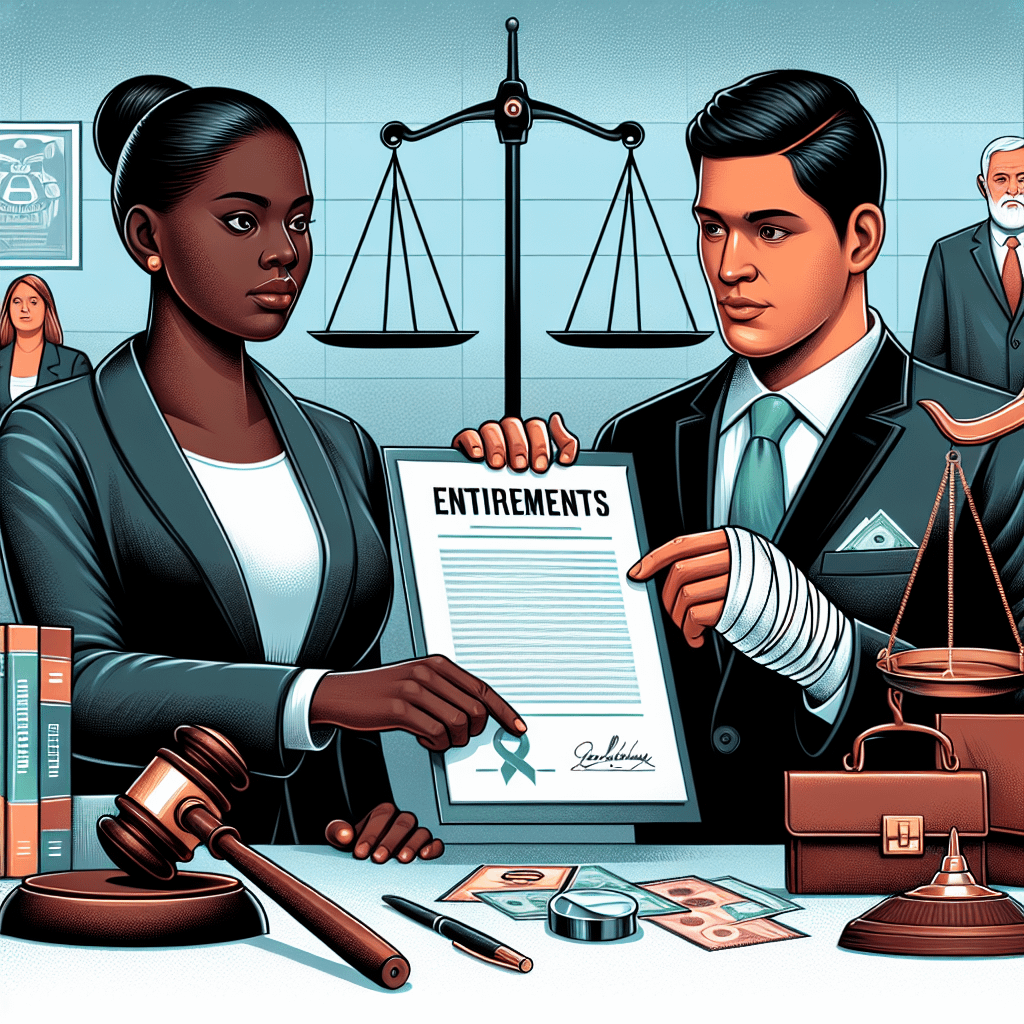Finding yourself injured in an accident can be a distressing experience, and understanding what compensation you might be entitled to in a personal injury case can feel overwhelming. But don’t worry, we’re here to walk you through it in plain, easy-to-understand language.
When you’re injured due to someone else’s negligence—be it a car accident, a slip and fall, or any other mistimed event—you may have a personal injury claim. Compensation in these cases is all about making you “whole” again, to the extent possible, by covering your losses and helping you recover. So, let’s dive into the kinds of compensation you might be eligible for.
1. Medical Expenses
First and foremost, you can seek compensation for medical expenses. This covers costs related to hospital stays, surgeries, doctor visits, medications, rehabilitation, and any necessary medical equipment you may require. It’s crucial to keep detailed records and receipts of all your medical expenses. For instance, if you break an arm in a car accident and need surgery and rehabilitation, every aspect of that healthcare journey could be compensable.
2. Lost Wages
If your injury prevents you from working, whether temporarily or permanently, you can claim lost wages. Let’s say you were working as a chef and you injured your hand. If you can’t work for a few weeks, your compensation could include the wages you would have earned during that time. Furthermore, if your injury impacts your ability to earn in the future, perhaps by limiting the jobs you can take or reducing the hours you can work, you might also claim for “lost earning capacity.”
3. Pain and Suffering
Pain and suffering compensation considers the physical and emotional distress caused by your injury. Unlike medical expenses and lost wages, which are relatively straightforward to calculate, pain and suffering can be more complex. Courts often use multipliers or daily rates (known as the “per diem” method) based on the severity and duration of your suffering. For example, enduring a long recovery period after a severe spinal injury might warrant significant compensation for pain and suffering.
4. Property Damage
If your personal property was damaged in the incident, you might be eligible for compensation to repair or replace it. This is most common in car accidents, where car repairs or the vehicle’s total replacement are necessary. Always get estimates for repairs and keep any relevant billing statements to support your claim.
5. Loss of Consortium
This refers to the impact your injuries have on your personal relationships, particularly the loss of companionship or the ability to have a normal marital relationship. For instance, if an injury affects your relationship with your spouse, they might also have a claim for “loss of consortium.”
6. Punitive Damages
Though less common, punitive damages are awarded in cases where the defendant’s actions were particularly egregious or malicious. These damages are intended to punish the wrongdoer and deter similar behavior in the future. Imagine a drunk driver blatantly ignoring traffic laws and causing a serious accident; this situation might involve punitive damages.
Practical Tips for Pursuing Compensation
- Document Everything: Keep meticulous records of all expenses, medical treatments, and the progression of your injury. Photographs, receipts, and journals can all be powerful evidence.
- Consult a Lawyer: Navigating a personal injury claim can get complex. A lawyer can help you understand the specific laws in your area and ensure that your claim covers all possible aspects of compensation.
- Act Promptly: Each state has a statute of limitations, which is a deadline for filing your case. Don’t delay seeking legal advice to avoid missing these critical timelines.
Remember, every personal injury case is unique, and the amount of compensation can vary widely depending on the specifics of each case. By understanding and documenting your injuries and expenses, and consulting with a professional, you’re taking a robust approach to ensure you receive the full compensation you are entitled to.








